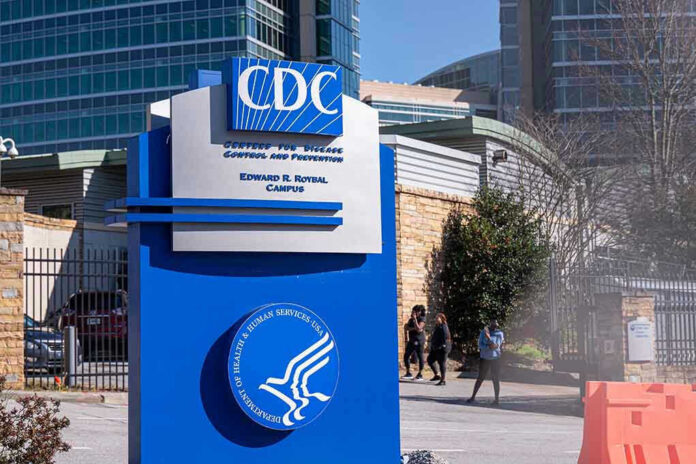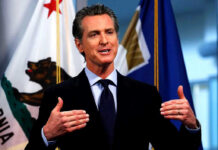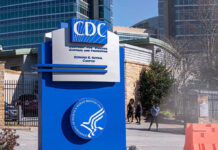
The abrupt ousting of CDC Director Susan Monarez raises fears of political interference overshadowing scientific integrity.
Story Overview
- CDC Director Susan Monarez removed less than a month into her tenure.
- Her removal was unexplained by the U.S. Department of Health and Human Services (HHS).
- Monarez’s lawyers claim she was neither fired nor resigned, suggesting political motivation.
- Several top CDC officials resigned in protest or solidarity.
Political Turmoil at the CDC
In a surprising turn of events, Susan Monarez, recently confirmed as the Director of the Centers for Disease Control and Prevention (CDC), has been ousted from her position. The U.S. Department of Health and Human Services (HHS) announced her departure without providing any explanation, sparking widespread speculation. Monarez’s lawyers have publicly stated that she did not resign nor was she officially terminated, suggesting that her removal was politically motivated due to her stance on scientific integrity.
The simultaneous resignation of multiple senior CDC officials further underscores the turmoil within the agency. These resignations appear to be acts of protest or solidarity following Monarez’s departure. The lack of transparency from HHS regarding Monarez’s removal raises significant concerns about the politicization of public health leadership, an issue that has been increasingly prominent in recent years.
Implications for Public Health Leadership
Monarez’s departure highlights a growing trend where scientific integrity may be compromised by political agendas. Her lawyers argue that she was targeted for refusing to comply with directives she deemed unscientific. This incident has raised alarm among public health experts who fear that such political interference could undermine the credibility and effectiveness of federal health agencies. The leadership vacuum at the CDC could disrupt ongoing public health initiatives, further eroding public trust in the agency.
The broader implications of this event could lead to a chilling effect on scientific integrity within federal agencies. If the allegations of political interference are substantiated, it may deter future leaders from prioritizing evidence-based decision-making over political directives. This could have long-term consequences for public health policy and the American public’s confidence in the CDC’s guidance.
The Road Ahead for the CDC
As the CDC navigates this leadership crisis, the agency’s ability to maintain its independence and uphold scientific standards is in question. The recent resignations of top officials signal a potential challenge in retaining qualified professionals committed to scientific rigor. The situation also raises concerns about the recruitment of future leaders who may fear similar political pressures. This upheaval at the CDC could have ripple effects across other federal agencies, potentially affecting the U.S.’s standing in global public health leadership.
The lack of clear communication from HHS about Monarez’s removal only adds to the uncertainty surrounding the CDC’s future. As the agency seeks to stabilize, it faces the daunting task of rebuilding trust both within its ranks and with the American public. Observers are calling for greater transparency and a renewed commitment to scientific integrity to ensure the CDC can continue to fulfill its vital role in protecting public health.
Sources:
CDC Director Susan Monarez is out, other agency leaders resign
CDC Director fired: Behind the scenes look

































